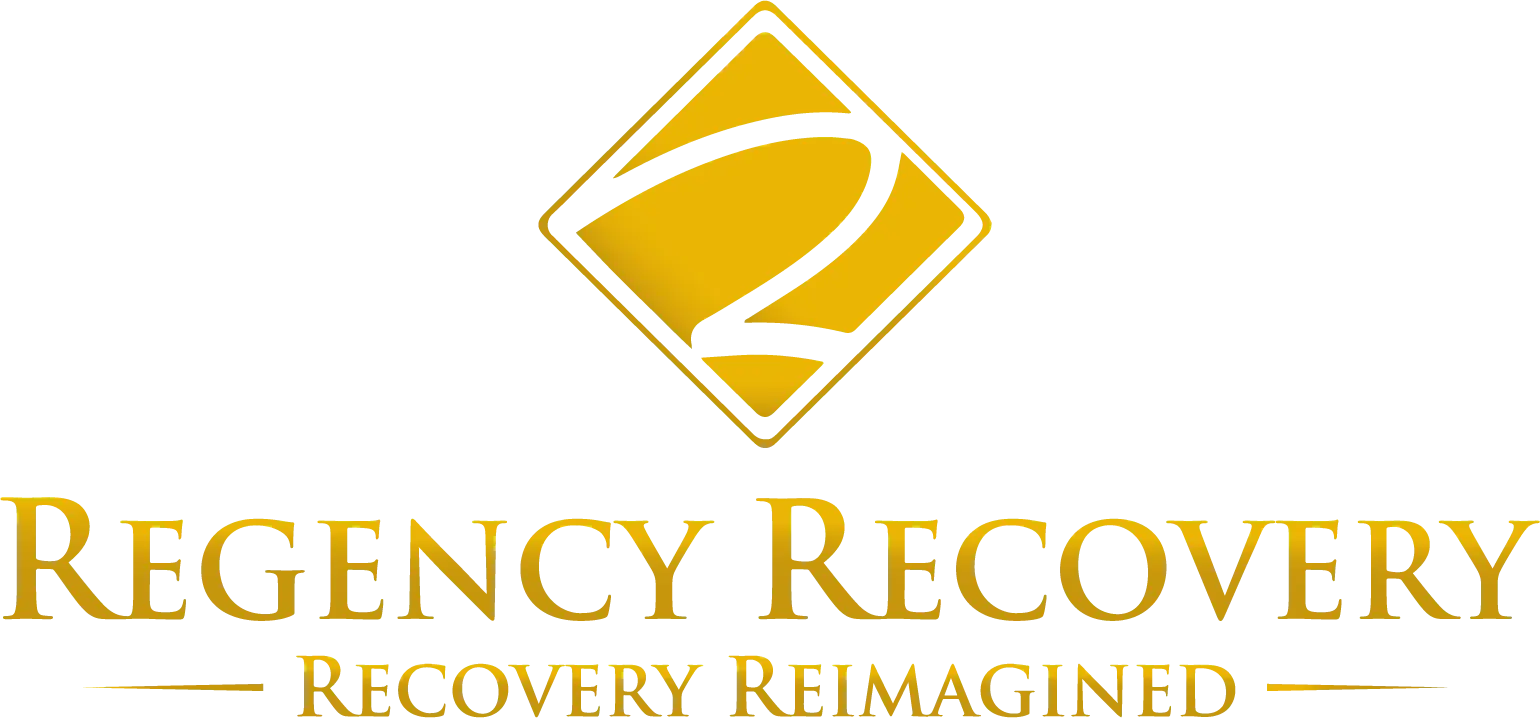Learn About Evidence-Based Therapies
Substance abuse and addiction are significant public health concerns in Buckeye, Arizona, as they are in many other parts of the United States. Outpatient drug rehab programs play a crucial role in providing effective therapies and support for individuals struggling with substance abuse. This article explores evidence-based addiction treatment options available in Buckeye and highlights the best practices in drug addiction therapy.
Outpatient Evidence-Based Therapies Helpline (928) 460-7001 Call Now
Evidence-Based Outpatient Rehab Services
Evidence-based outpatient rehab services in Buckeye utilize therapeutic approaches that have been proven effective through rigorous scientific research. These therapies focus on addressing the root causes of addiction, developing coping mechanisms, and promoting long-term recovery. Some of the evidence-based therapies commonly used in outpatient drug rehab programs include:
- Cognitive Behavioral Therapy (CBT)
- Dialectical Behavior Therapy (DBT)
- Motivational Interviewing (MI)
- Contingency Management (CM)
- Family Therapy
- Group Therapy
Cognitive Behavioral Therapy (CBT)
CBT is a widely recognized evidence-based therapy for substance abuse treatment. It focuses on identifying and changing negative thought patterns and behaviors that contribute to addiction. In Buckeye, CBT is commonly used to help individuals develop healthier coping strategies, manage cravings, and prevent relapse.
Dialectical Behavior Therapy (DBT)
DBT is a specialized form of therapy that combines elements of CBT with mindfulness techniques. It is particularly effective for individuals with co-occurring mental health disorders and substance abuse issues. DBT helps individuals regulate emotions, improve interpersonal skills, and develop effective strategies for managing stress and cravings.
Motivational Interviewing (MI)
MI is a client-centered therapy that aims to enhance motivation and commitment to change. In outpatient drug rehab programs, MI is used to explore and resolve ambivalence about substance abuse, increase self-motivation, and set achievable recovery goals. MI empowers individuals to take ownership of their recovery journey.
Contingency Management (CM)
CM is a behavioral therapy that utilizes positive reinforcement to encourage abstinence and promote healthy behaviors. In Buckeye, outpatient drug rehab programs may incorporate CM by providing rewards or incentives for drug-free urine screenings, attendance to therapy sessions, or participation in support groups. This approach helps individuals stay motivated and engaged in their recovery process.
Family Therapy
Substance abuse affects not only the individual but also their family members and loved ones. Family therapy is an evidence-based approach that involves the participation of family members in the recovery process. It aims to improve communication, address family dynamics, and provide support for both the individual in treatment and their family members.
Group Therapy
Group therapy is a valuable component of outpatient drug rehab programs in Buckeye. It provides a supportive and non-judgmental environment where individuals can share their experiences, learn from others, and develop essential coping skills. Group therapy fosters a sense of community and helps individuals build a strong support network during their recovery journey.
Best Practices in Drug Addiction Therapy
While evidence-based therapies form the foundation of effective outpatient drug rehab programs, there are additional best practices that contribute to successful substance abuse recovery. These best practices include:
- Individualized Treatment Plans: Each person’s journey to recovery is unique, and treatment plans should be tailored to meet their specific needs and circumstances.
- Continuum of Care: Treatment should not end after completing an outpatient program. A continuum of care, including aftercare and ongoing support, is crucial for maintaining long-term sobriety.
- Holistic Approach: Addressing the physical, mental, and emotional aspects of addiction is essential for comprehensive recovery. Programs that incorporate holistic therapies such as yoga, meditation, and art therapy can enhance overall well-being.
- Qualified and Compassionate Staff: The expertise and empathy of the treatment team play a vital role in supporting individuals throughout their recovery journey. Qualified professionals who understand addiction and its complexities can provide the necessary guidance and support.
- Peer Support: Connecting with others who have experienced similar challenges can be immensely beneficial. Peer support groups, such as 12-step programs, offer a sense of belonging and provide ongoing encouragement.
Outpatient Drug Rehab Evidence-Based Therapies Near Me
Evidence-based therapies in outpatient drug rehab programs in Buckeye, Arizona, offer effective strategies for individuals seeking recovery from substance abuse. By utilizing evidence-based addiction treatment approaches such as CBT, DBT, MI, CM, family therapy, and group therapy, individuals can address the underlying causes of addiction, develop coping skills, and build a strong support network. Additionally, incorporating best practices such as individualized treatment plans, a continuum of care, holistic approaches, qualified staff, and peer support enhances the overall effectiveness of outpatient drug rehab programs. If you or someone you know is struggling with substance abuse, consider exploring the evidence-based outpatient rehab services available in Buckeye to embark on a journey towards lasting recovery.

